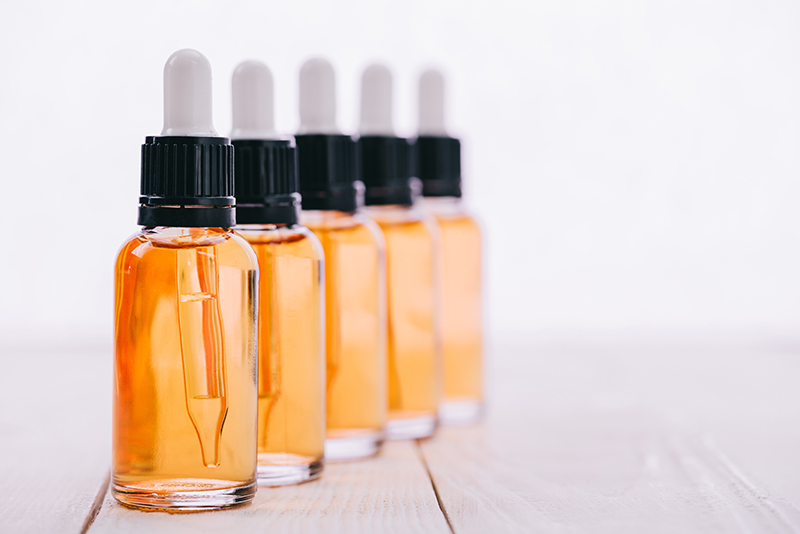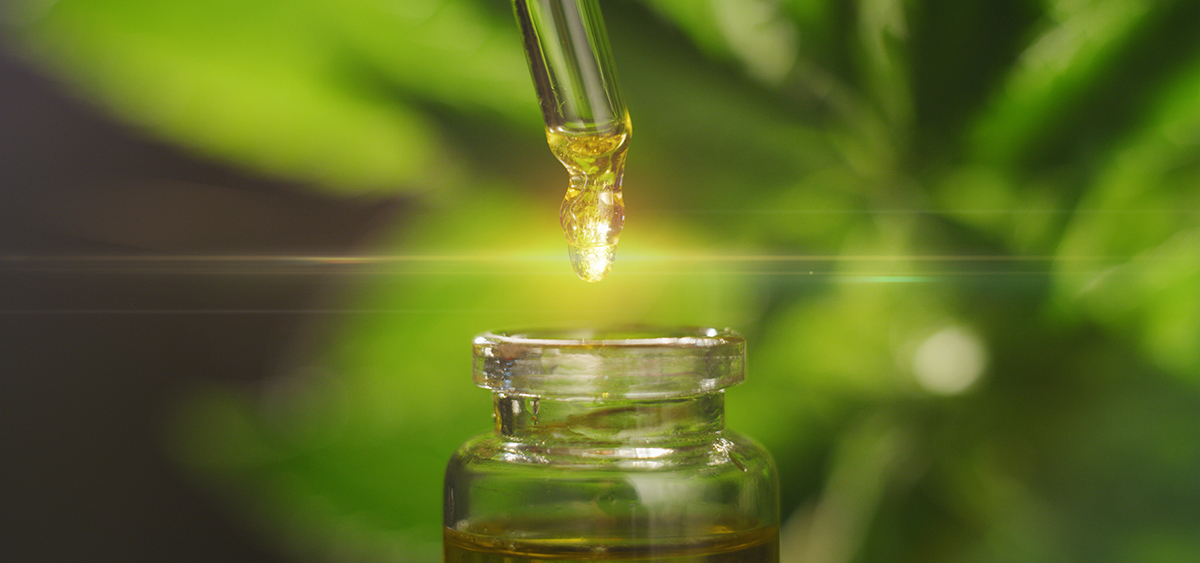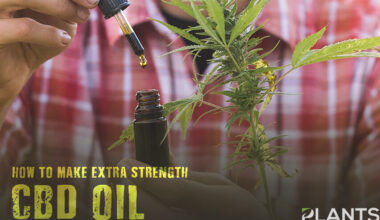[ad_1]
What’s the difference between CBD sourced from hemp, cannabis, or in an isolate? Do they work differently in the body and brain? Which one should I use?
If you’ve been asking yourself these questions lately, we don’t blame you. There’s a lot to know about the cannabis plant, let alone its individual compounds. Cannabidiol, or CBD — one of the active but nonintoxicating chemicals in cannabis — is all the hype right now, which means that CBD research has been increasing as well. This is good news because cannabis prohibition has until recently made research into the plant next to impossible.
Today, a strong majority of U.S. states have legalized the use of medical marijuana; even still, we are searching for answers about how the components of cannabis are interacting to produce the effects they cause in our body. The recent increase in medical and recreational legalization makes understanding these effects, and the distinctions between the compounds, extra important.

Hemp vs. Cannabis
Cannabis has been used for centuries for a variety of spiritual, medicinal, and recreational purposes. We can split the cannabis plant into two main categories: marijuana and hemp. Hemp originated in China and contains less than 1% of THC. Because of this, it does not have intoxicating effects and is mainly utilized for its ability to produce strong fibers — there is a record of these uses as early as 2800 BCE. THC-rich cannabis, on the other hand, originated in the Tibetan Plateau region. It has higher THC content (above 1%) which is responsible for the plant’s intoxicating effects. Cannabis is often further split into subcategories (like the subjective indica/sativa/ruderalis identifiers), but we’ll just focus on CBD from here on out.
CBD is present in both hemp and cannabis and has become widely known for its therapeutic properties treating anxiety, pain, and inflammation, and other conditions. It has been getting media attention for its medical benefit, especially after research came out that it can drastically reduce instances of seizures in children with epilepsy. Researchers think this happens by modulating the release of glutamate, the brain’s main excitatory neurotransmitter (meaning it creates a lot of activity in neurons). This is just one benefit among a multitude of CBD’s therapeutic properties.
So, which is better?
One reason a person may choose hemp-derived CBD over marijuana CBD is because hemp is federally legal in the US (as long as THC content does not exceed 0.3%) while marijuana is not. President Trump last December signed the 2018 Farm Bill, which legalized the growing of hemp, mainly for the benefit of farmers. Hemp CBD also contains little to no THC, so it may be better for children who are taking it for epilepsy, or for people who simply don’t want to feel high.
CBD Isolate
The Farm Bill legalized hemp, but details on the possession and use of CBD for research purposes still remain fuzzy. This is part of the reason why there has been an increase in the production of CBD isolate, which is different from both cannabis- and hemp-derived CBD because it only contains CBD and is devoid of the other compounds that whole-plant marijuana and hemp contain. If people are looking to use CBD for its array of therapeutic benefits but don’t want the intoxicating effects of THC, they may go with the isolate option. There is also speculation that CBD in isolate form is a more potent and more efficient form of the substance.

The Entourage Effect
The entourage effect is the main reason to go for whole-plant CBD. The entourage effect posits that the chemicals in the cannabis plant work together synergistically to produce the therapeutic benefits we see in the research. This means if you’re looking for CBD to manage pain, anxiety, etc., it may actually be helpful to have a little bit of THC present because their synergy changes the therapeutic benefit compared to if you just had CBD isolate. Because cannabis legalization occurred fairly recently, there is much more research to be done on how the various compounds in cannabis, like CBG, CBN, and terpenes, affect our body and work together with CBD and THC to create the different profiles seen in cannabis.
Choosing a form of CBD that will be right for you may take some trial and error. If you go the whole-plant route, there are a ton of options in terms of CBD/THC ratios. Certain websites now let you explore unique strains and their cannabinoid breakdown, so you can pick and choose the kind of cannabis you want. If you’d rather go for isolate, the internet is chock full of different kinds of tinctures you can now purchase legally (if they’re hemp-derived, that is. If you live in a state where recreational marijuana still isn’t legal, the laws are vaguer). There are benefits to each depending on what you’re ultimately using the CBD for, so we hope you choose wisely.
[ad_2]
Source link
Medical Disclaimer:
The information provided in these blog posts is intended for general informational and educational purposes only. It is not a substitute for professional medical advice, diagnosis, or treatment. Always seek the advice of your physician or other qualified healthcare provider with any questions you may have regarding a medical condition. The use of any information provided in these blog posts is solely at your own risk. The authors and the website do not recommend or endorse any specific products, treatments, or procedures mentioned. Reliance on any information in these blog posts is solely at your own discretion.







